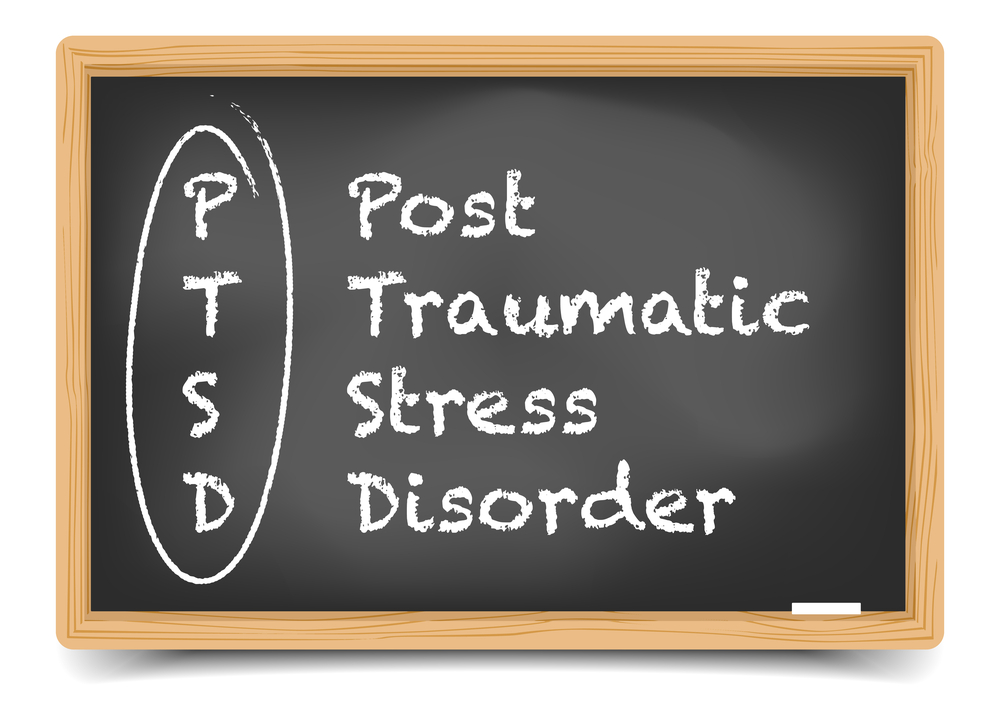
People with post-traumatic stress disorder frequently face frequent, severe anxiety symptoms (PTSD). Because of these acute anxiety symptoms, PTSD patients frequently turn to unhealthy coping strategies like drug or alcohol addiction. There are some useful coping strategies you can employ at home in addition to professional counseling, which is always a fantastic option for PTSD treatment. These methods might make the anxiety less frequent, less severe, and/or easier to handle.
Deep Breathing
Despite the absurdity of it, many people have improper breathing patterns. Natural breathing is facilitated by your diaphragm, a large muscle in your abdomen. As you breathe in, your belly should get larger. When you breathe, your stomach ought to settle.
Over time, this method of breathing becomes less and less accessible, and people begin using their chest and shoulders instead. As a result, breathing becomes rapid and shallow, which can exacerbate anxiety and stress.
Fortunately, you may quickly regain the ability to breathe deeply from your diaphragm and provide some stress protection for yourself.
You might find it easier to control your tension and anxiety if you use relaxation techniques.
Progressive muscle relaxation involves alternating between tensing and relaxing different muscle groups all over the body. This unwinding method is akin to a pendulum. Complete muscle relaxation can be attained by first doing the opposite activity (that is, by tensing your muscles).
Additionally, the muscle tension symptom may gradually change into a signal to relax by tensing your muscles (a classic anxiety symptom) and then swiftly relaxing them.
Being informed can be very helpful for treating PTSD
The mindfulness movement has been around for a while. But many working in the mental health area are beginning to see the potential benefits of mindfulness for people who are anxious or depressed.
Being mindful entails being aware of and present in the present. We frequently lose ourselves in our thoughts as well as the pressures and issues of daily life. By engaging in mindfulness exercises, you can learn to be more present and less obsessed with your thoughts.
For managing your PTSD symptoms, self-monitoring is a useful method
We are all creatures of habit. Often, we go about our days without pausing to think deeply about much of what is happening around us.
In some situations, this can be advantageous, but in others, it might give us the impression that our emotions and thoughts are completely irrational and beyond our control. We cannot fully cure the uncomfortable sensations of anxiety until we are aware of the situations that cause these feelings to arise. Self-monitoring is an easy way to bring this awareness about.
Obtain Support from Others
Getting help from others can be essential in helping people overcome the negative effects of a traumatic event and PTSD, research has consistently shown. Talking to a trusted friend or loved one about your feelings can be quite helpful when trying to get through trying times or when you need emotional support.
However, simply having a listening ear might not be enough. Since there are numerous essential elements of a supportive connection that may be especially important in aiding someone controls their anxiety, a PTSD treatment support group led by a professional may be helpful.
Distraction can occasionally aid in the treatment of PTSD
When coping with strong, painful emotions like worry and dread, distraction techniques should be utilized deliberately. Distraction is anything you do to temporarily redirect your focus away from strong emotion.
Sometimes concentrating on a powerful emotion can intensify its effects and make it seem more out of control. By briefly changing your focus, you can give the emotion time to reduce in intensity and become simpler to control.
Anxiety and avoidance go hand in hand
While avoiding situations that make you anxious could help you feel better temporarily, it might prevent you from living a long and fulfilled life (especially as this avoidance grows bigger and bigger).
Through behavioral activation, you can increase your degree of exercise and your involvement in fun activities. By activating your behavior, you can minimize your sensations of anxiety and depression.
For PTSD Treatment in Chandler, Arizona, please contact me.
Please get in touch with me right away if you’re looking for PTSD therapy in Chandler, Arizona. We schedule an initial meeting to discuss a treatment strategy that is effective for you.